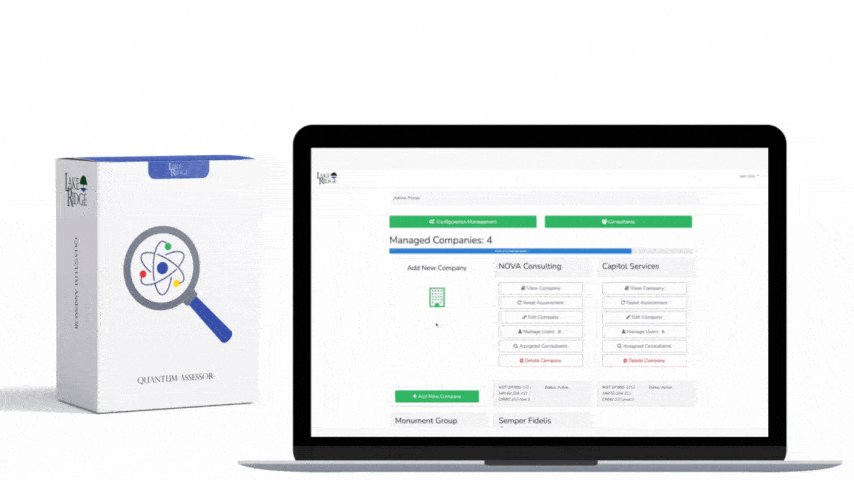According to the survey conducted by Kaspersky Labs, just 10% of employees are dedicated to safeguarding work information on their personal devices. This poses a heightened risk for organizations as nearly half of the survey participants reported using their personal devices for work purposes.
According to the survey, 36% of participants save work files on personal devices, 34% store work-related email messages on personal devices, 18% keep passwords for corporate email accounts, and 11% store passwords for corporate networks or VPNs.
While the survey underscores the risks associated with implementing bring-your-own-device (BYOD) models, the Kaspersky team recognizes the significance of BYOD and the advantages it offers to businesses. They suggest that the integration of BYOD should be approached as a distinct project, carefully planning every aspect of the process in advance. The project should ideally encompass an infrastructure assessment, a design phase, and a trial run.
The responsible integration of Bring Your Own Device (BYOD) into the IT infrastructure requires skilled professionals to ensure a robust approach is in place for handling lost or stolen personal devices or when an employee departs from the company.
BYOD plays a crucial role in crafting a robust cyber risk strategy. Given the ever-evolving landscape of cyber threats, conducting a thorough cyber risk assessment is essential to anticipate risks and establish strategic safeguards for the organization's security beyond its traditional boundaries.



